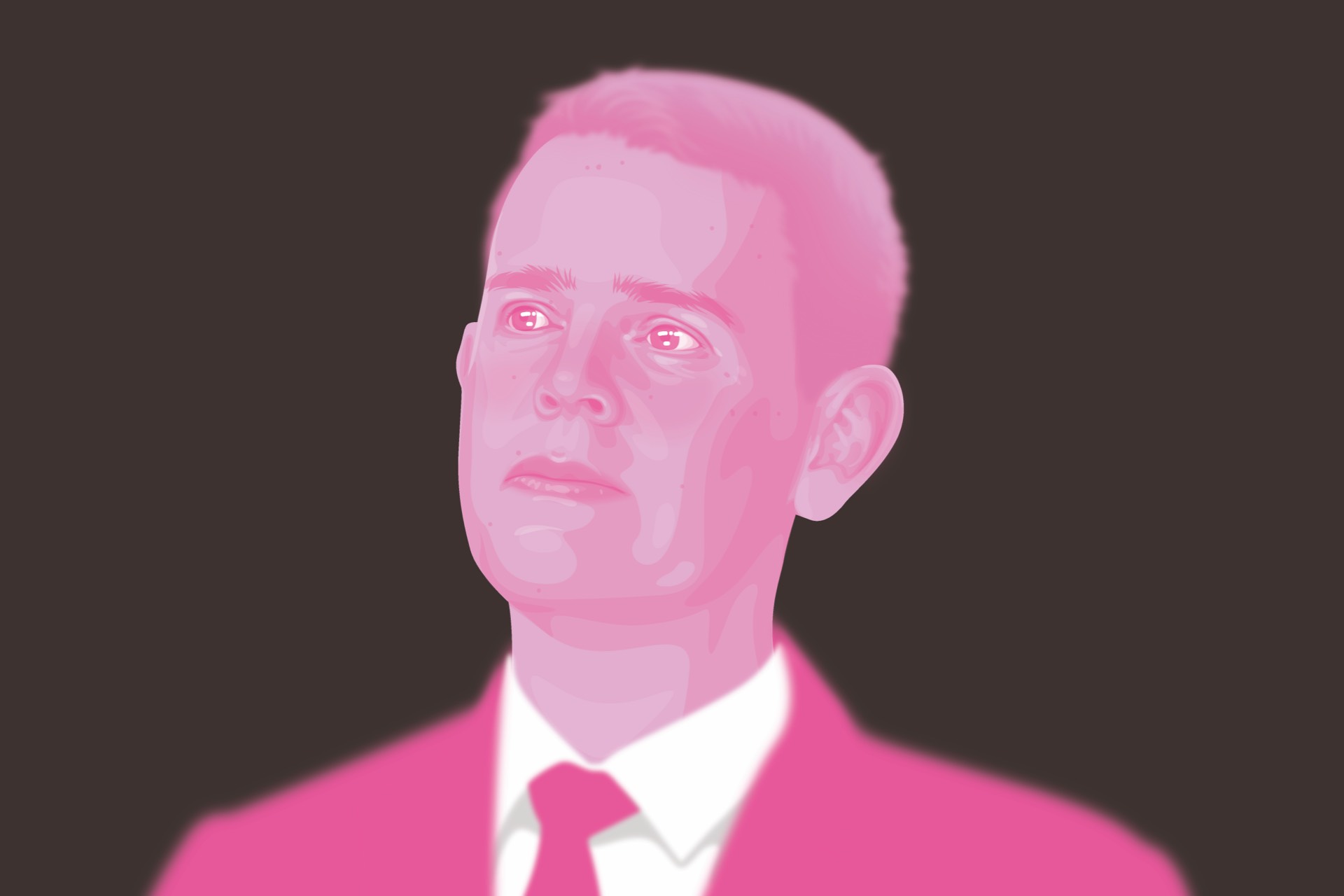Nov 11, 2023 Politics
When the Guardian Essential poll released its first New Zealand results in August, there were few surprises, bar one: National (at 44%) was murdering Labour (23%) in Auckland. Even adding in the Green Party (9%), the centre-left was still short of winning even a third of the vote in Auckland. Labour’s online generals (tweeters) were quick to warn against extrapolating from a poll with such a small sample size, but the result was part of a two-year-long trend the party leadership was acknowledging only in whispers. The Delta lockdown, which stretched from August to December 2021, has cast a long shadow. This is why, when Chris Hipkins took up the prime ministership in January, his first official visit was a charm appointment at the Auckland Chamber of Commerce. Then, in an effort to soften hard feelings in the city at large, the prime minister told Q+A’s Jack Tame that the Delta lockdown may have dragged on longer than necessary.
It was a pointless admission, but was clearly intended to signal a clean(ish) break from former prime minister Jacinda Ardern. It didn’t work. National has beaten Labour’s lifeless corpse in Auckland. In the first weekend of the 2023 campaign, Labour had its launch at the Aotea Centre infiltrated — courtesy of Brian Tamaki’s gang of thugs — and in a friendly walkabout at the Sunday market in deep-red Avondale a menacing man in a Trump tee made an attempt to break through Hipkins’ escort. As the week wore on, Hipkins retreated to safer territory: Wellington. In the capital region, as of September, Labour (31%) was out in front, according to the Guardian’s poll. In traditionally blue Canterbury, Labour was holding up in August, registering 31% to National’s 30% — before slumping in September to 25%. That Labour kept up its score so long in Canterbury is a result almost as surprising as the one in Auckland, and it’s one reason it’s the long, dark shadow of the Delta lockdown and not, say, the cost of living biting deeper and harder in Auckland that explains Labour’s long-term dismals in the northern city.
Of course, Auckland is a right-wing city. The West leans left, and the South leans a little harder left, but the East and the Shore are probably more conservative than any other urban area in New Zealand. King’s College and Auckland Grammar School educate an overwhelming number of business leaders, and in the old days a significant number of political leaders, too. (This is far less true today, though, as both schools now focus on generating a pipeline to elite universities in the United States and United Kingdom at the expense of developing a class of local leaders.) National’s most reactionary leader, Rob Muldoon, was the longtime MP for Tāmaki and even the Labour right has often been drawn from Auckland (such as Roger Douglas, who hailed from Ewenson Ave, One Tree Hill). On that view, then, Labour at 23% probably isn’t surprising — central Auckland is probably leaning right, too, in line with the general trend — but the truism that where Auckland goes, so goes the election is worth considering.
Can Labour win an election while losing Auckland?
After his fiery experience on that opening weekend at the Aotea Centre, Hipkins really did appear to retreat, cutting a track back to safer ground in the Hutt, where he shook hands with friendly locals. But it would be a cop-out to think Labour can win without Auckland. Sure, Wellington is leaning as heavily left as ever (a decades-long trend) and Christchurch is likely to come home for Labour too. Add the university centres (Dunedin and Palmerston North) and the lifestyle cities, towns and suburbs (think of Nelson’s urban core) and Labour is probably holding up all right. But depending on how you slice it, Auckland still makes up nearly a third of the New Zealand population — more than Wellington, Christchurch, Dunedin, Palmerston North and Nelson combined. It’s unthinkable that any party could win an election while winning less than one in four votes in Auckland.
This presents Hipkins with a devilish problem. How, at this late stage, to win back the trust of Aucklanders? Earlier, the Labour leader’s strategists appeared to think signalling a softer position on the Delta lockdown would suffice. Yet that read on post-pandemic politics misses the point. The long lockdown of 2021 was the only possible option in the circumstances of the time. With a sluggish vaccine rollout, and capacity problems in primary and secondary care, a lockdown was the only policy response standing between the virus and an Italian-style collapsed health system. On this view, then, the issue is one of competence. If vaccines had been rolled out faster and more efficiently, it would have cut down the time Auckland spent at Alert Levels 3 and 4. Arguably, the same or a similar line of thinking applies to the cost-of-living crisis, too. If only X or Y decision had been made earlier, the situation many people find themselves in wouldn’t be so dire.
This is what is defining election 2023: the relative competence or incompetence of the Labour-led government (remember the fate of Labour’s triumphantly installed Minister for Auckland?) versus the prospective National-led government. Hipkins is finally catching on, having seen through the second week of campaigning with more restrained promises — including a staged plan toward free, universal dental care. Labour is aware that although universal dental care polls extraordinarily well, the mechanics of implementing it are difficult, with a larger workforce needing to be trained over decades. Hence the staged approach, a clever move to ensure that what is promised can actually be delivered, and an attempt to head off at the pass opposition accusations that certain policies will be impossible to deliver. Now, for Hipkins, the challenge is demonstrating what policies might prove Labour’s competence for Aucklanders.






